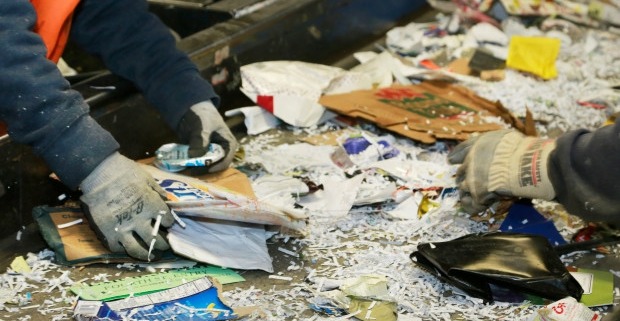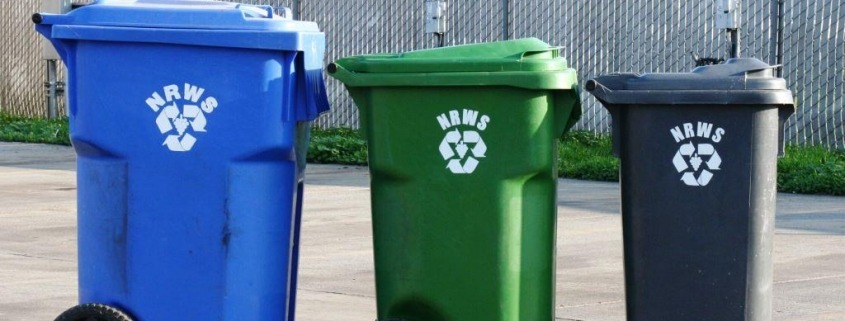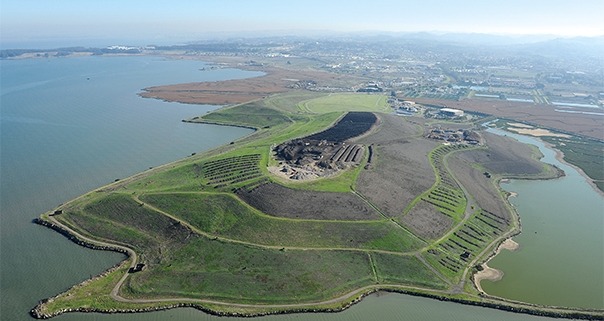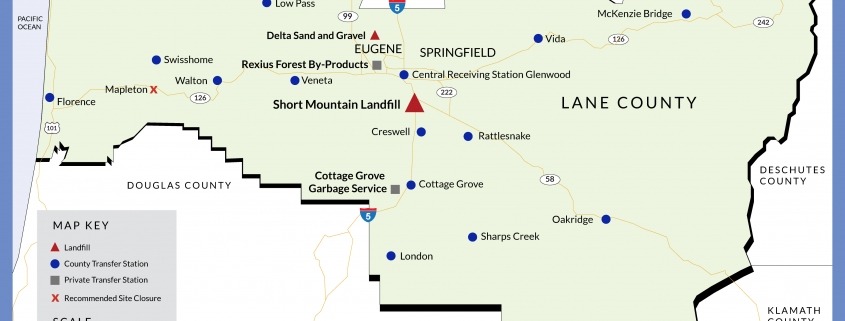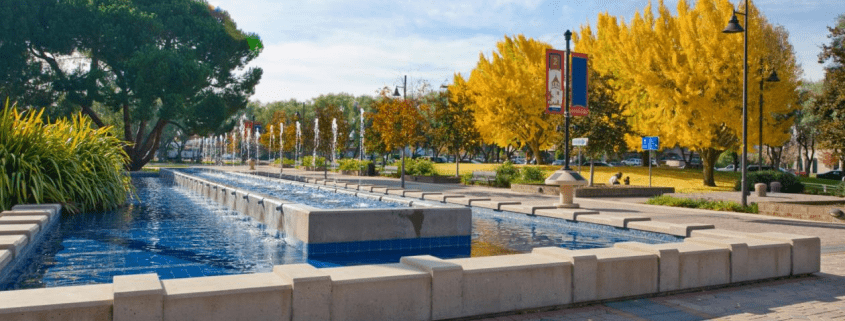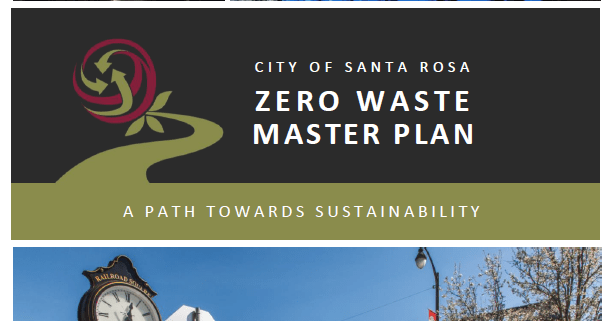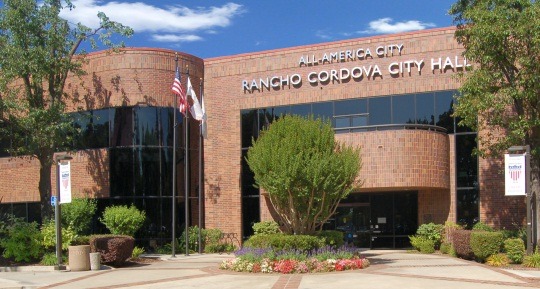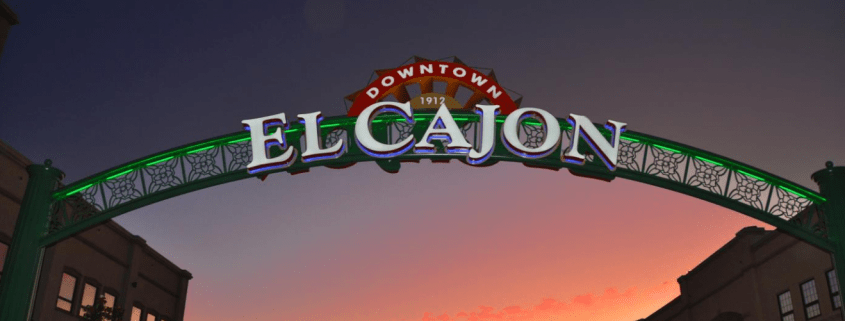R3 has conducted a wide range of projects for the City of Santa Rosa (City), including the following:
Zero Waste Plan
R3’s Zero Waste Plan (Plan) was tailored to the unique disposal and waste reduction trends and goals of the City, executable within, and measured by, 5-, 10-, and 20-year milestones.For this project, R3 formed a project team of leading experts in the fields of Zero Waste public engagement, waste stream modeling, and municipal solid waste planning. Aided by the expertise of two subconsultants, Ruth Abbe of Abbe & Associates and Cascadia Consulting Group, R3’s primary goal for this project was to provide the City with a Plan that sets the new standard in its specificity, rigor, and vision.
In developing the Plan, R3 provided the City with a quantitative, practical guide to residential, commercial and City programs that will achieve the City’s Zero Waste goals. The Plan also provided the City with cost estimates of the Zero Waste programs that would be necessary to achieve those goals, which included an analysis of current disposal and diversion tonnage and trends in the City and an estimate of what can actually be diverted with the Plan.
Core components of the Plan included developing a Waste Diversion Model and implementation outreach strategy, conducting a vigorous stakeholder engagement process, and designing a comprehensive Plan document that includes policy, program, partnership, and facility diversion options for the City. R3 also provided the City with an analysis of the economic, diversion, greenhouse gas, and financial impacts of the Plan, as well as the timeline and actionable steps for its implementation.
R3 shepherded Council adoption of Plan with recommendations for $600,000 in annual program funding.
Performance Review(s)
R3 is currently engaged by the City to conduct a comprehensive Performance Review of the City’s franchised solid waste hauler, Recology Sonoma Marin (Recology), for the calendar year 2018 and the first quarter of 2019. The review included the following main tasks:
- Franchise Agreement (Agreement) and Regulatory Compliance Review;
- Operational Performance Review, including management and administration, collection operations, customer service and financial management practices, and vehicle and equipment upkeep;
- Billing Audit and Financial Assessment; and
- Legislative Compliance Review.
R3 is working with Recology and the City to review Recology’s existing services through data analysis, observations, and on-site reviews. For this engagement, R3 is specifically addressing Recology’s efforts in support of the City’s compliance with AB 1826 and SB 1383, as well as the hauler’s achievement of its 40% diversion requirement.
Procurement Assistance
As a result of a performance review conducted by R3 in 2015, we were engaged by the City to provide assistance in procuring a new hauler for the City’s solid waste and recycling collection and processing services. As with all of our procurement projects, R3 worked closely with City staff to complete the following tasks:
- Conduct community workshops and City Council meetings;
- Prepare written RFPs and Agreements;
- Oversee the competitive procurement process;
- Analyze waste hauler proposals; and
- Manage the evaluation of proposers and selection of a provider for City services.
This project resulted in a high-diversion, state-of-the-art residential and commercial exclusive Agreement (that complied with AB 1826 and SB 1383) and RFP. The City received five (5) proposals for the provision of collection service – R3 reviewed and analyzed proposals, interviewed and negotiated with the highest-ranked companies, conducted site visits at proposed facilities, and provided the City with high-level information about how each company could affect the goals and collection within the City.
During this process, The Ratto Group sold its company to Recology. R3 assisted in a review of Recology to establish findings regarding the proposed contract assignment, on behalf of the various jurisdictions in Sonoma County (including Santa Rosa) holding solid waste collection franchise and other agreements with The Ratto Group. Currently, R3 is providing contract management assistance and developing a Zero Waste Plan for Santa Rosa.


